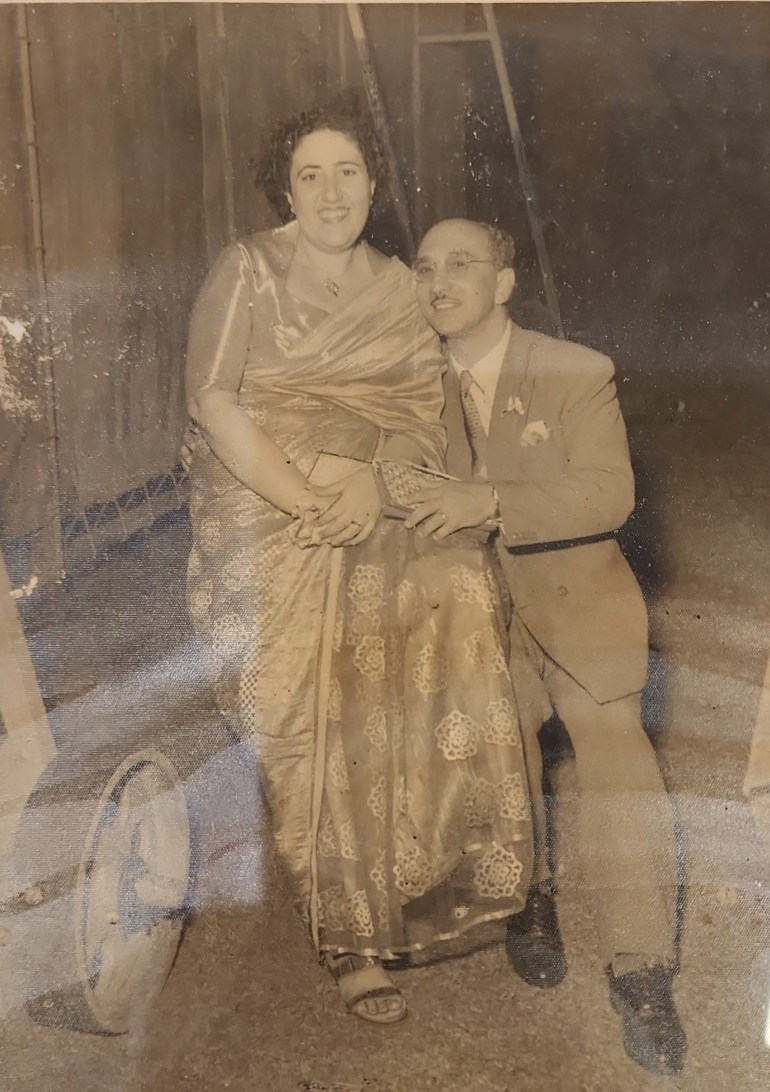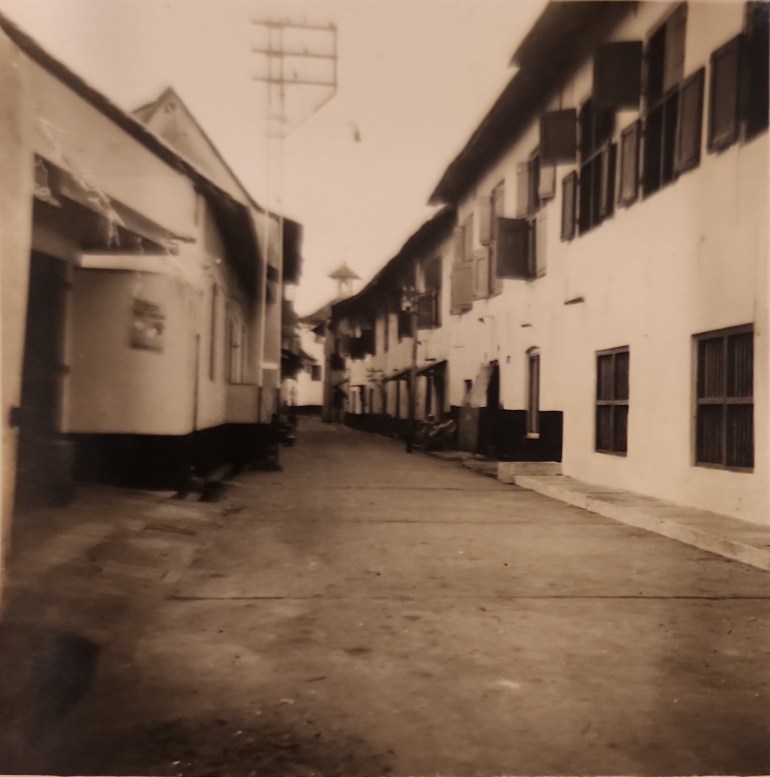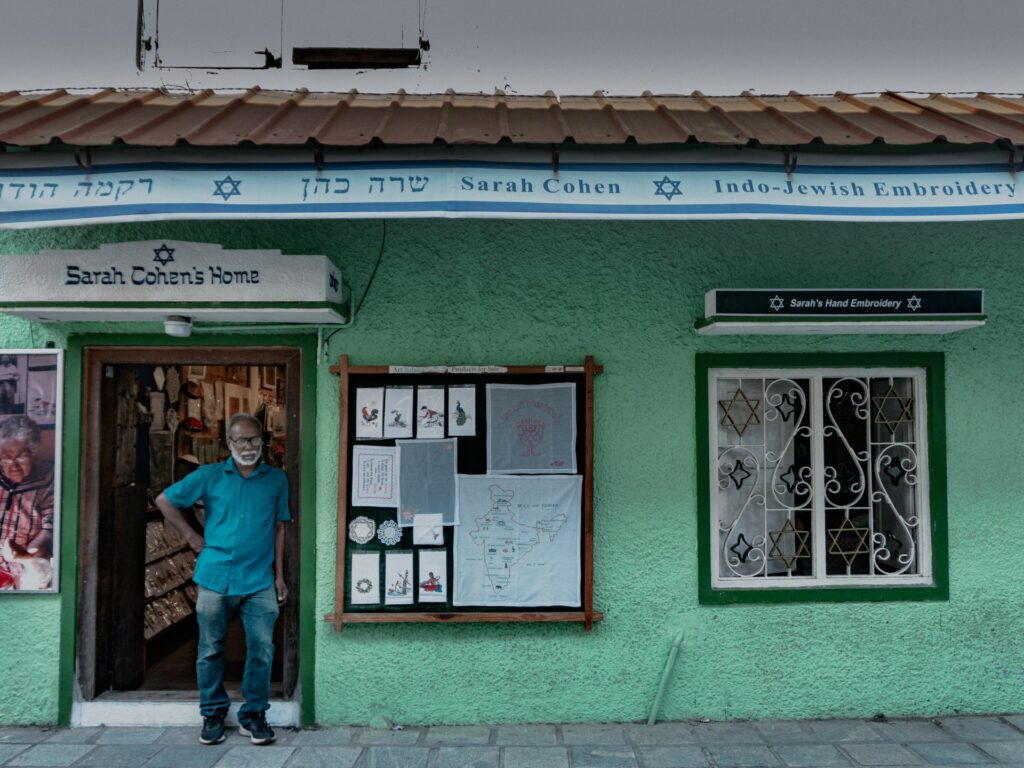Cochin, India – A chance encounter in the early 1980s, when he was 13 years old selling postcards to tourists in the Jewish Quarter, changed Taha Ibrahim's life.
Growing up in Mattancherry, the bustling center of the spice trade in the southern Indian city of Cochin (now Kochi), Taha Ibrahim always found the outside world far more fascinating than the confines of the classroom.
Therefore, when he left school in the 6th grade, his family did not try to stop him. He explored a variety of careers, from helping his father, a tailor, to sewing clothes, to helping his uncle with his spice business. But what fascinated him most were the tourists arriving en masse on ships docked at the port.
They always flocked to see the centuries-old Paradesi Synagogue in Fort Kochi's nearby Jewish town. This area is a bustling tourist waterfront area that was once used by Portuguese, Dutch, and British merchants during Kochi's colonial rule.

Taha would arrive in the Jewish quarter in the morning, spend the day selling postcards on the street to tourists visiting the synagogue, and return home at dusk. As an Indian Muslim, he always maintained a respectful distance from others in the Jewish neighborhood.
One Sunday in 1982, Taha faced an unexpected obstacle that changed everything when a ship full of Western tourists arrived in port with the promise of postcards for sale.
His usual storage location was a small warehouse on the waterfront known as the “go-down,” whose owner allowed him to hide the postcards there every night, but it was locked by a warden. . He waited in the hot sun from 8 a.m. to 1 p.m., but no one came to unlock the door.

It was at this time that Jacob Elias Cohen, a resident of the Jewish quarter and a member of Paradesi's Jewish community, happened to pass by the godown and noticed Taha.
He recognized a boy he had seen selling postcards outside his home, and was moved by the teenage vendor's plight and decided to help. “Please come to my house after the sales tomorrow,” he told Taha. “You can store your luggage at my house.”

